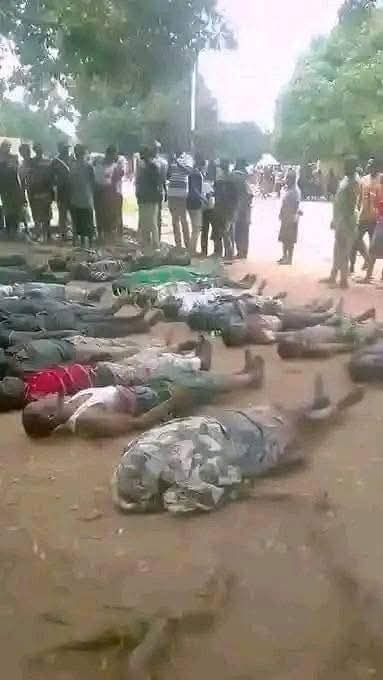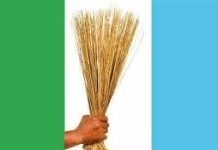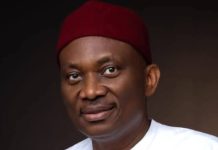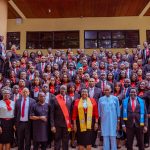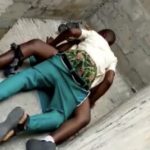In a bold and critical statement, Senator Natasha H. Akpoti-Uduaghan of Kogi Central has described the ongoing violence in Plateau State not merely as an ethnic or religious conflict, but as a form of genocide possibly fueled by capitalist interests in mineral extraction and resource control.
“The killings on the Plateau are a genocide, like many others, masked as an ethnic or religious attack but likely sponsored by capitalists hungry for mineral extraction and resource control,” Senator Akpoti-Uduaghan said in a post on her verified Facebook page.
Her remarks challenge the dominant narrative surrounding the persistent insecurity in Plateau and parts of North Central Nigeria, suggesting that deeper economic interests may be at play.
While condemning the attacks and expressing heartfelt sympathy to the victims, their families, and Governor Caleb Mutfwang of Plateau State, the senator emphasized the need for justice and accountability.
“Those culpable should be brought to justice,” she stated.
However, Senator Akpoti-Uduaghan stressed that addressing the root causes of the crisis requires more than just punitive action.
She called on the government to adopt a comprehensive and strategic response that tackles the legal, economic, security, and social dimensions of the conflict.
“The government must deploy a multi-pronged approach to stop this menace,” she urged, pointing to the need for long-term solutions that go beyond surface-level interventions.
The senator’s remarks come amid renewed violence in Plateau State, where repeated attacks have left hundreds dead and displaced thousands.
Her statement is likely to stir debate over the true motivations behind the conflict, as well as the adequacy of current government responses.
As the nation grapples with multiple layers of insecurity, Akpoti-Uduaghan’s comments shine a spotlight on the complex interplay of resources, politics, and violence in Nigeria’s troubled regions.

